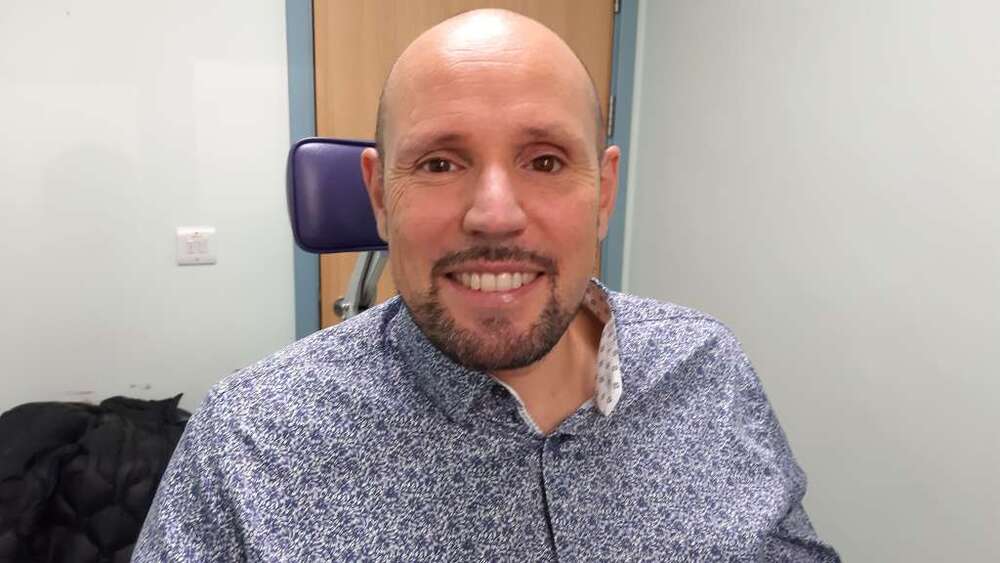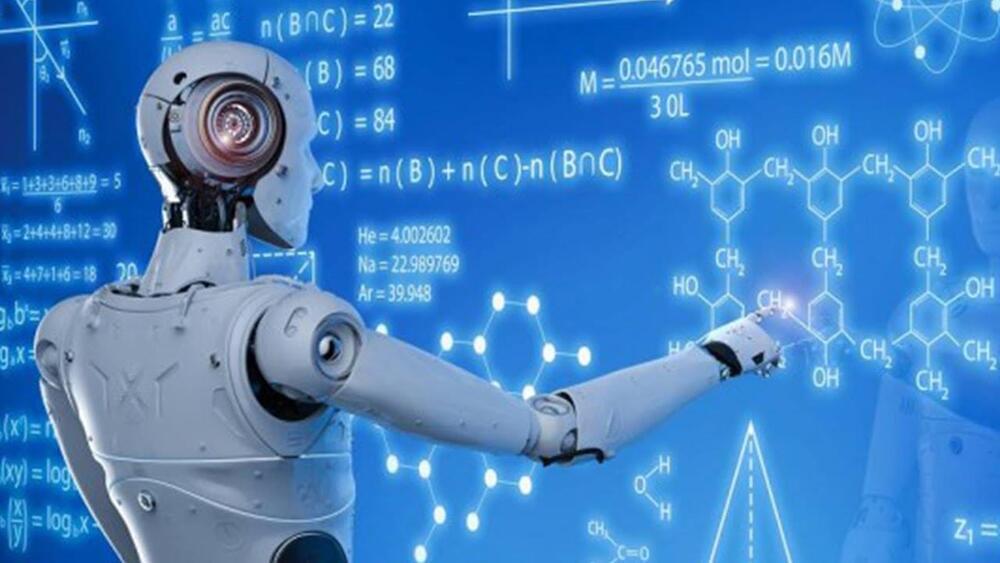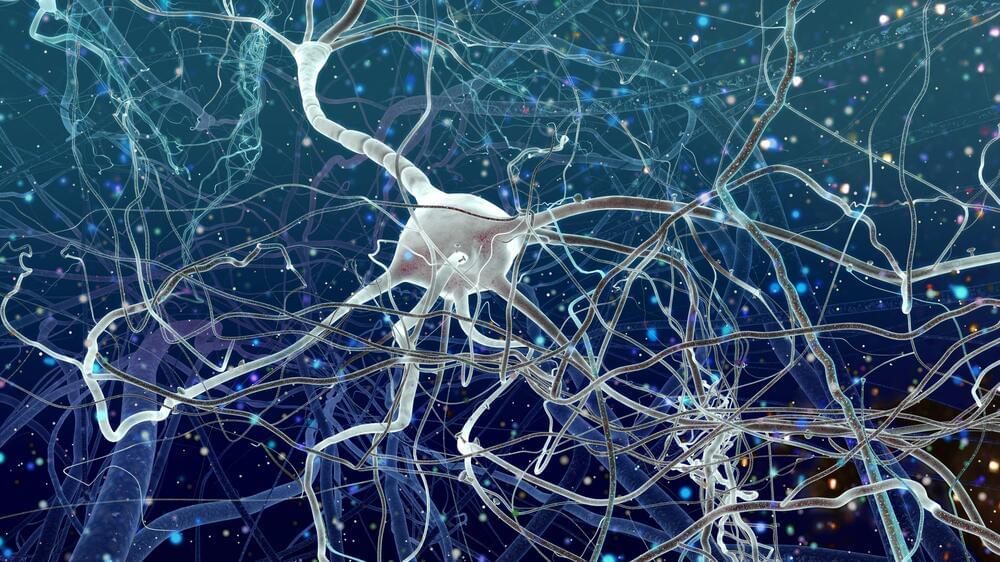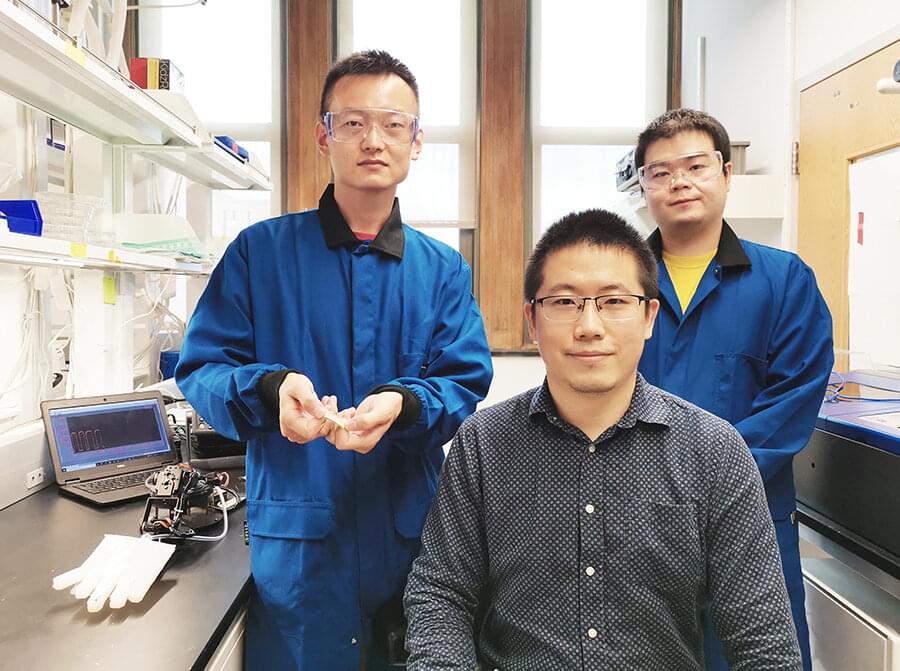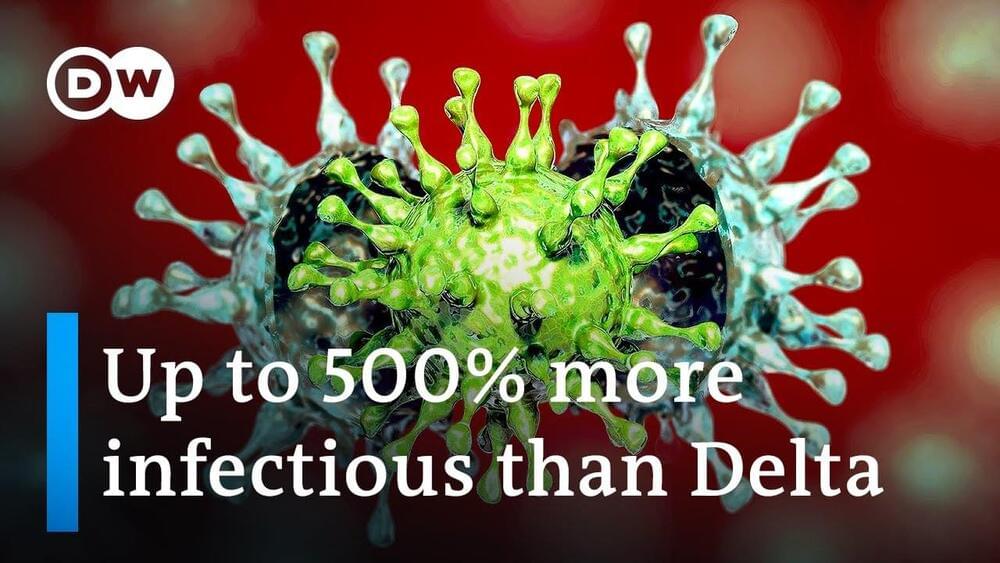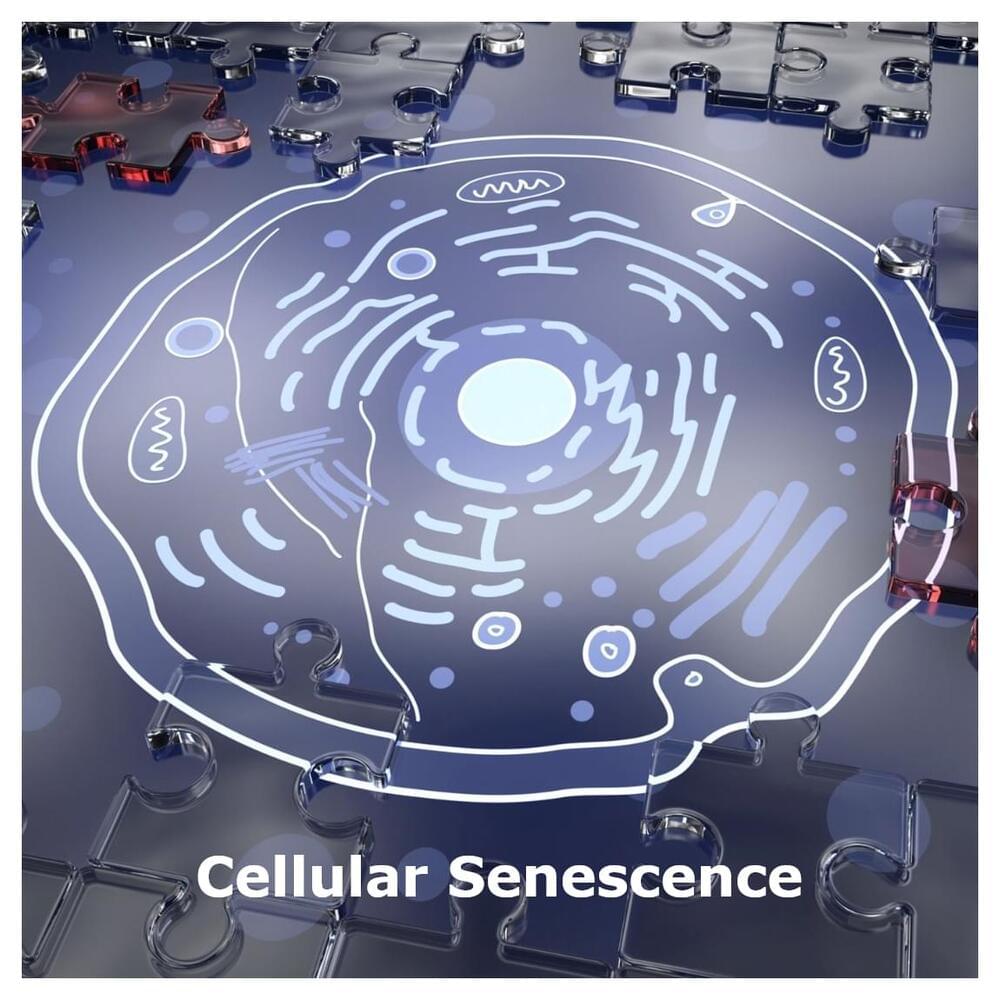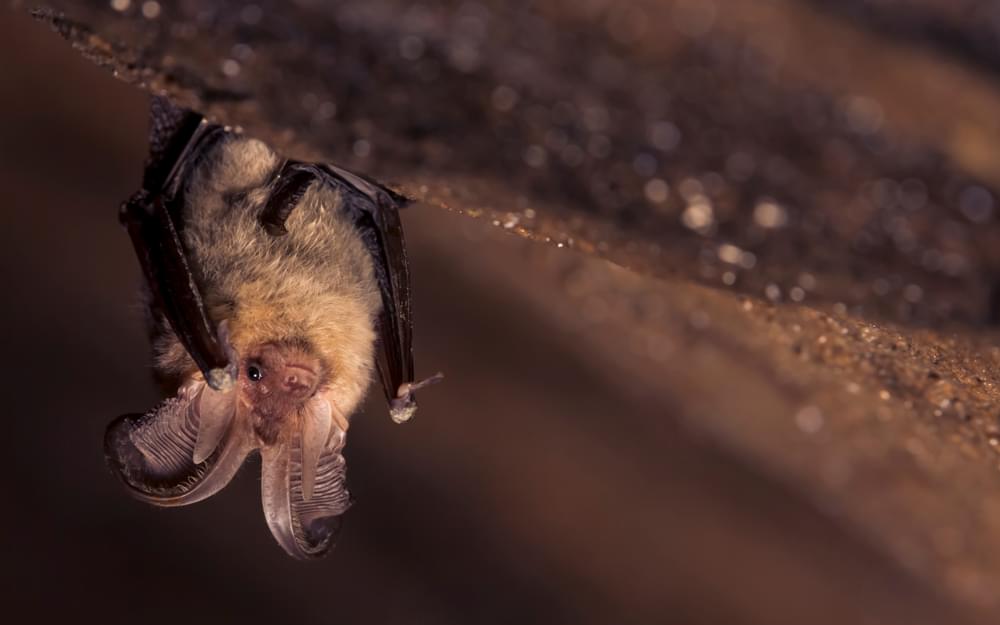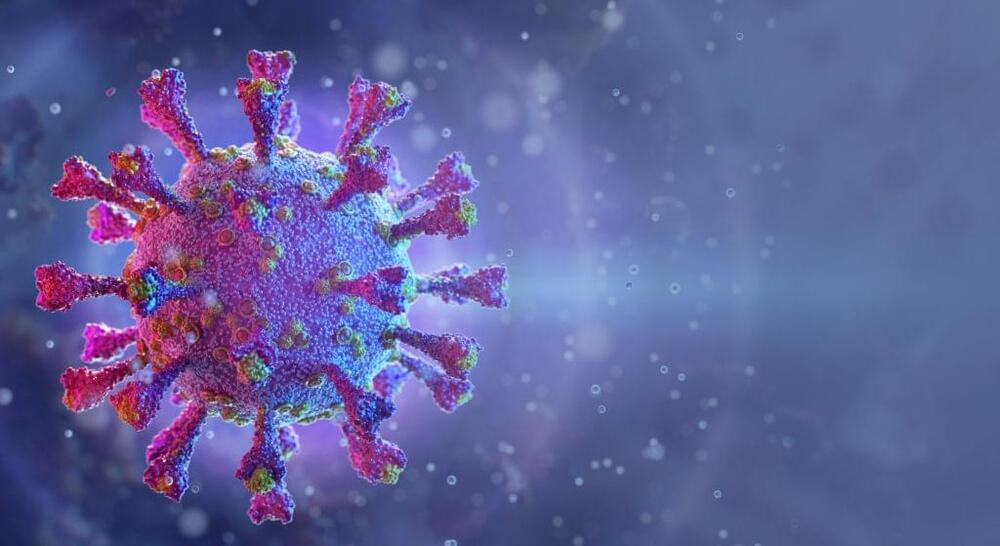Nov 27, 2021
British man given 3D printed eye in world first, hospital says
Posted by Kelvin Dafiaghor in categories: biotech/medical, cyborgs
(CNN) — A British man has become the first patient in the world to be fitted with a 3D printed eye, according to Moorfields Eye Hospital in London.
Steve Verze, who is 47 and an engineer from Hackney, east London, was given the left eye on Thursday and first tried it for size earlier this month.
Moorfields Eye Hospital said in a press release Thursday that the prosthetic is the first fully digital prosthetic eye created for a patient.
